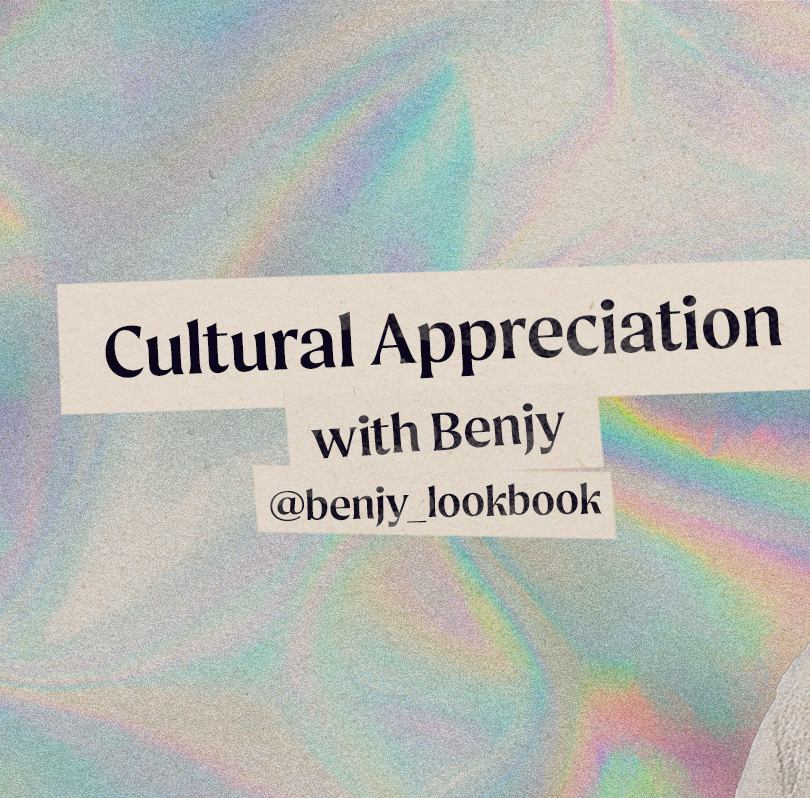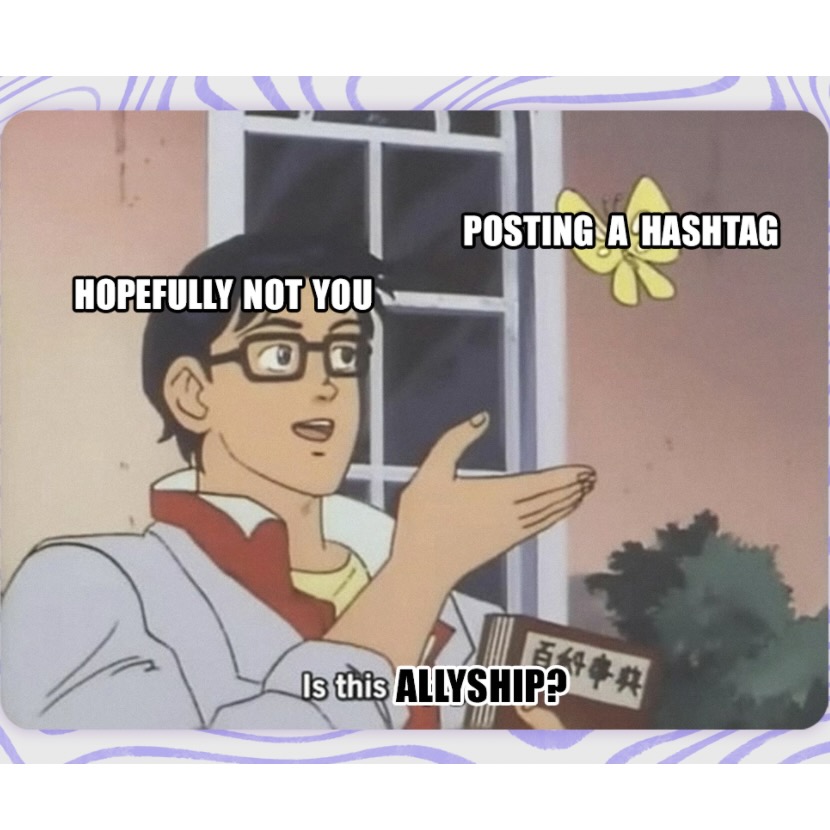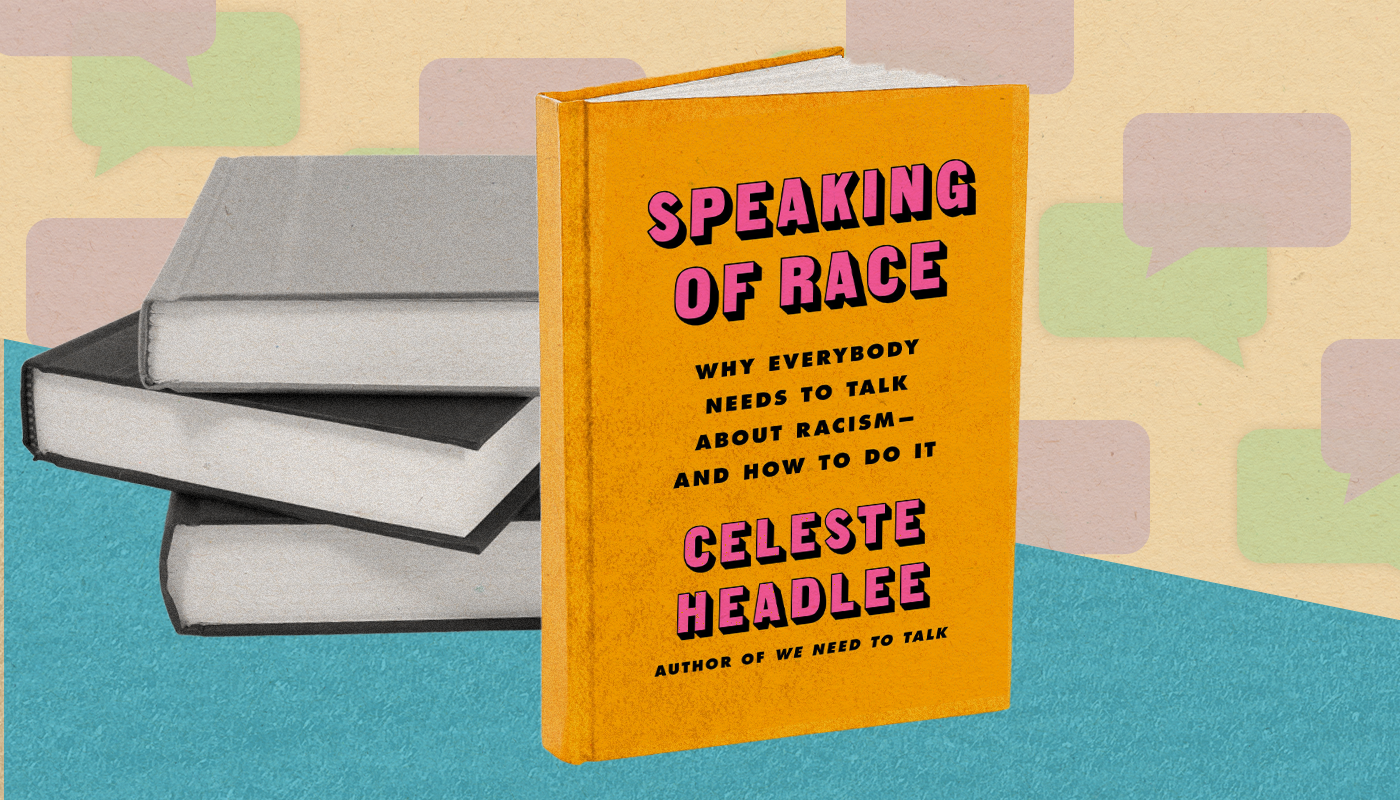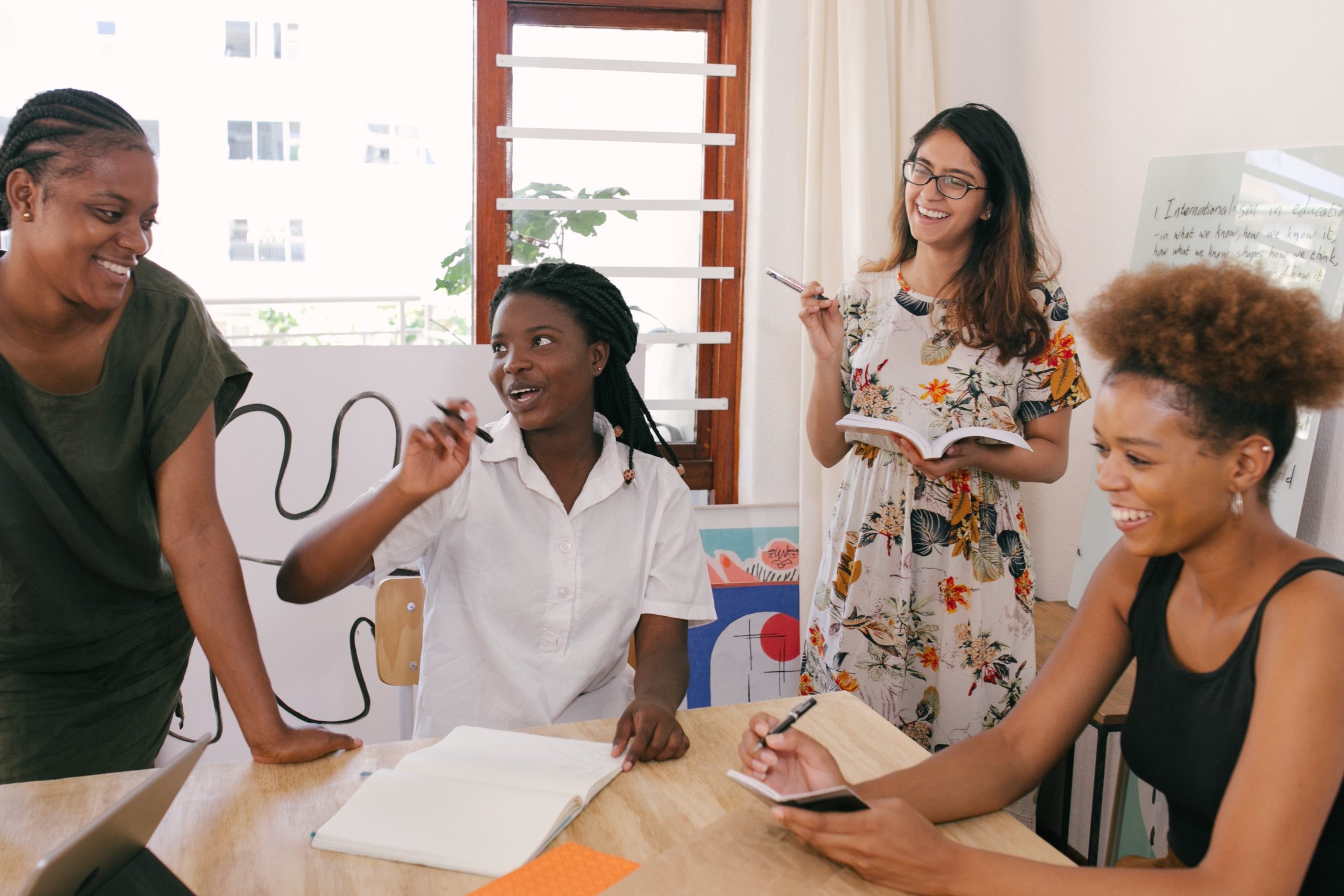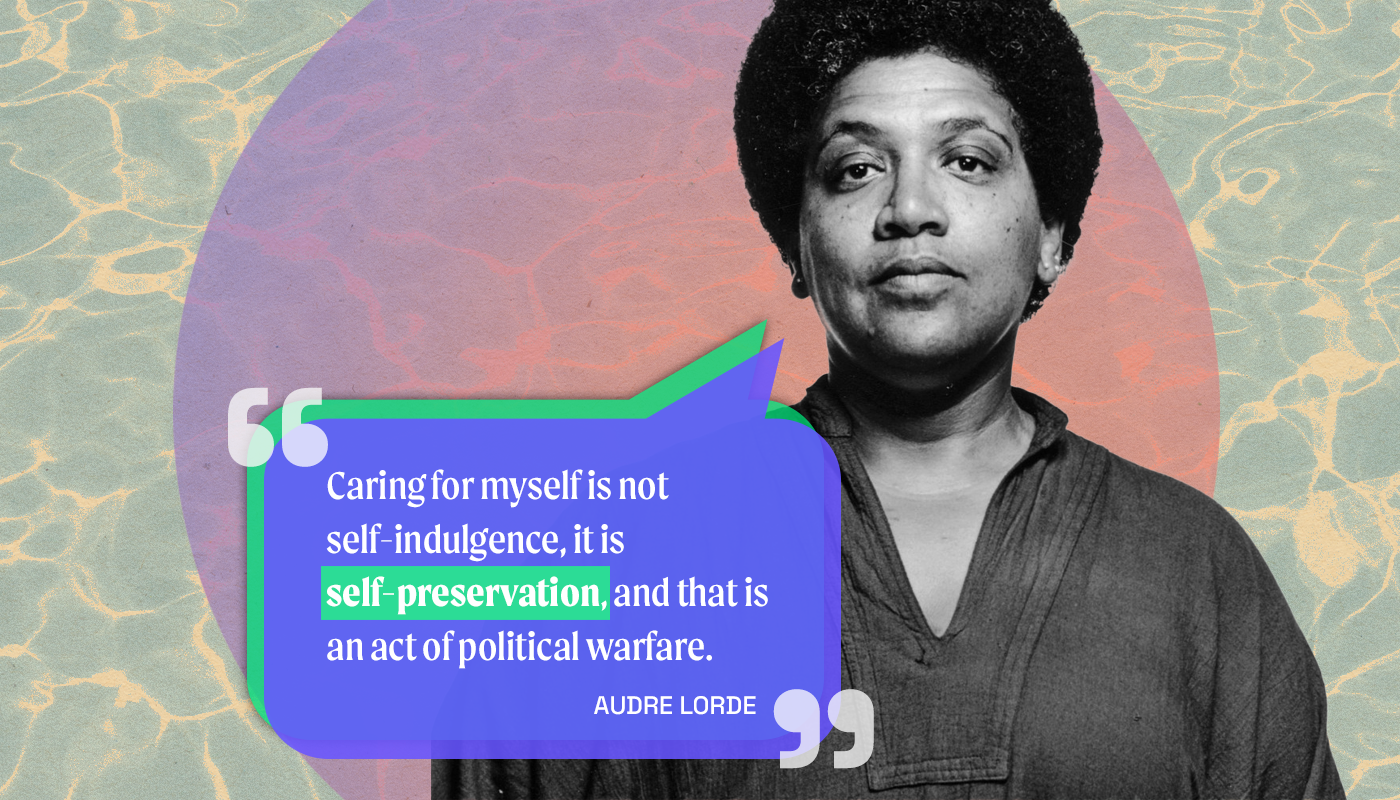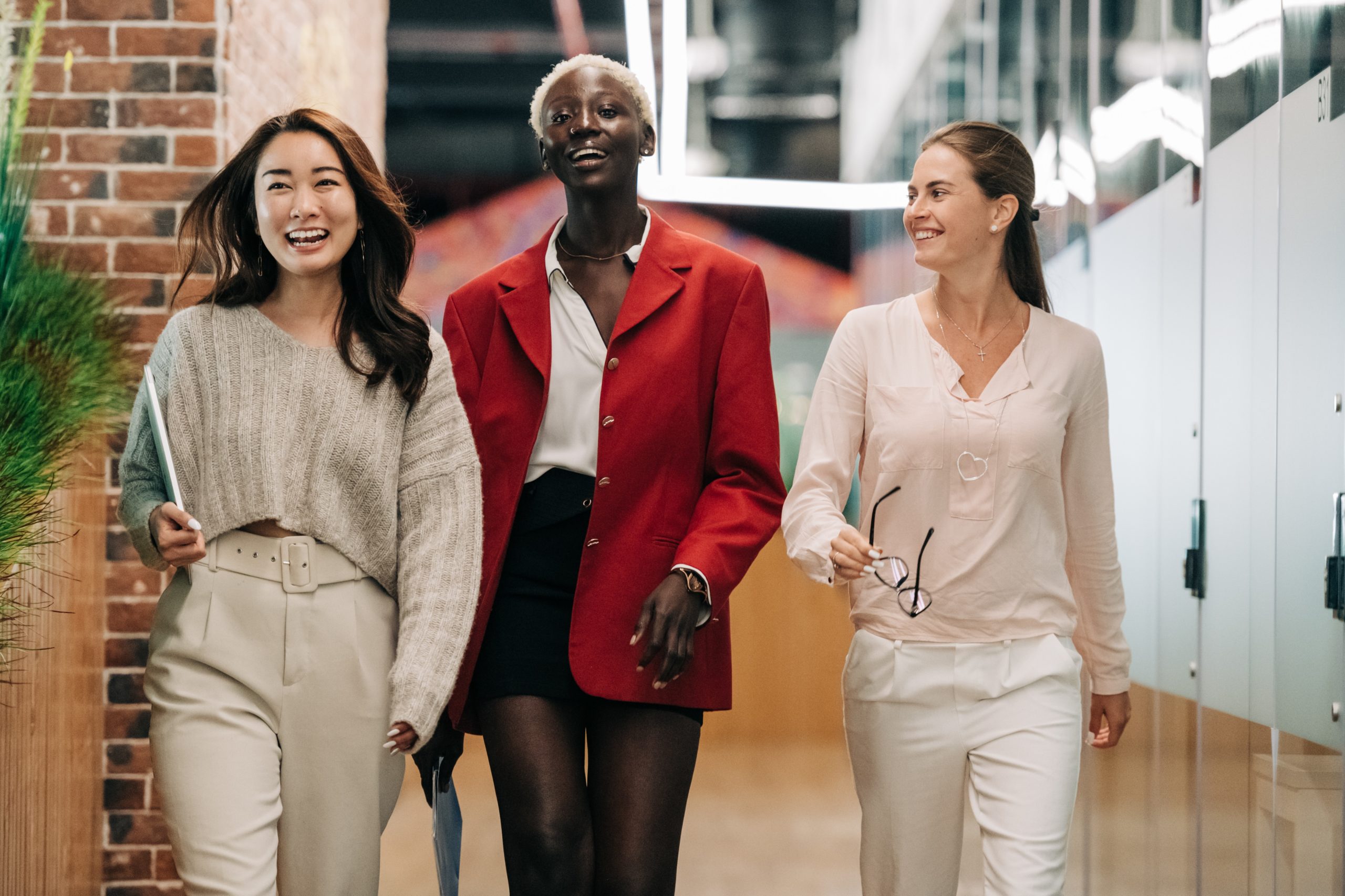Ask Includr: Apologies and Allyship Edition
Benjy Kusi shares his insights about how to approach allyship and the best practices to offer a meaningful apology.
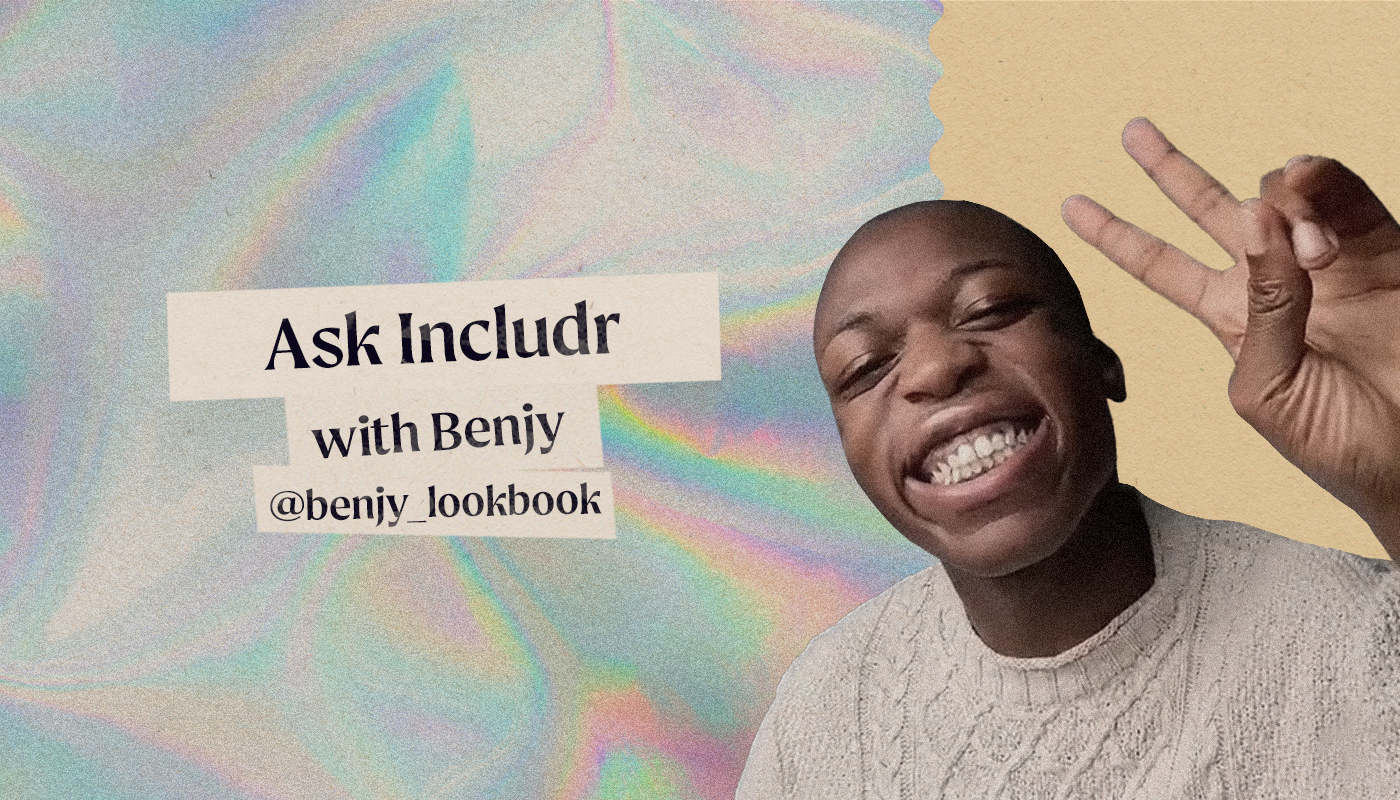
You ask, and Includr answers! This article is part of an ongoing series where inclusion experts and advocates take on your toughest questions. This month, Benjy Kusi shares his insights about how to approach allyship and best practices to offer meaningful apologies.
How do you balance representation and allyship? Sometimes I want to say something but am worried I’ll be speaking over people and taking away representation.
This can be a tough balance to strike, and you are not alone.
A 2021 report found that the number of American white corporate employees who see themselves as allies to women of color has increased since 2020. However, most “allies” struggle to take allyship actions at work. For example, women of color are still largely alone in speaking out against the bias they face, despite working alongside colleagues well-positioned to help shoulder the burden. The study found that 32% of Black women who spoke up against discrimination faced opposition, while only 6% of white men faced opposition when speaking against discrimination.
As Nova Reid shares in “No more white saviors, thanks,” being an authentic ally means playing a supporting role and using your power to uplift a community. Jumping in and trying to fix a situation is harmful because it prioritizes the individual over the community you aim to support. When Batman swoops in to defend Gotham City, all eyes are on him – we don’t care about the civilians he is supposed to be saving; they’re not the focus. As an ally, even if you have the best intentions, there’s always a concern you’ll make yourself the center of the story.
I think the solution is to be an active bystander, someone who makes the conscious decision to step in and provide support when needed while acknowledging it isn’t about them. For example, if you witness someone experience a microaggression in a meeting, a self-centering response may be to speak on their behalf: “Don’t say that; can’t you see you’ve made X uncomfortable?” Doing this prioritizes your desire to help while putting the target of the microaggression in a vulnerable position, as they are forced to respond. In such a situation, an active bystander response is to speak for yourself and shift focus away: “I don’t think that’s something we should say; let’s chat about it after.”
I’d also recommend trying to pass the mic whenever possible to bring in those who aren’t part of the conversation. Susan Wojcicki, CEO of YouTube, describes an example of how the late Bill Campbell used his influence to get her into an important conference to which she should have been invited. Acts like this make space for underrepresented groups to have the floor.
Please remember that speaking up requires bravery, and you will not always get it right. Just ensure you learn from any mistakes made and always center the needs of the community you’re looking to support.
How can you apologize if you’ve accidentally made a mistake (i.e., with cultural appropriation)?
Apologies are a key first step in taking responsibility for our actions and demonstrating empathy towards those we have wronged.
Research finds three significant barriers to making an effective apology:
- Lack of care for the victim. Apologies can be driven by obligation or guilt, as was demonstrated following the murder of George Floyd that triggered a wave of white people apologizing to Black people for historic microaggressions. In most cases, these apologies were made due to the social climate without considering the potential negative impact of sparking long-gone trauma or demonstrating how the individual planned to change. Before making an apology, ensure you’re prioritizing the wellbeing of the affected individual or group and have practical steps you’ll take to act differently moving forwards.
- A desire not to look bad. Taking accountability means admitting wrongdoing. While it’s human to want to be viewed positively, when we give in to this desire, we’re more likely to make false apologies that justify our actions — like this apology by Joe Rogan for saying racist slurs on his podcast. He claimed instances had been taken out of context, indicating a refusal to take accountability. To avoid this, remember an apology is about your impact —not your intentions or the circumstances — and that wrongdoing doesn’t necessarily reflect your character.
- A desire for forgiveness. When we expect a reward for apologizing, the apology becomes an insincere means to an end. Looking to engineer a certain response from an affected party is a form of manipulation that can also cause societal harm. For example, Black people are often expected to turn the other cheek in the face of injustice, as the needs of their aggressors are prioritized over their own. To avoid this, don’t ask for forgiveness as part of your apology or make statements that imply you’d like something in return.
Address these barriers head-on with an effective apology by:
- Taking full accountability for your action’s impact without justification.
- Explicitly stating what you’ll do to rectify the situation and reduce future harm.
- Having no expectation of thanks or forgiveness in return.
Remember, everyone makes mistakes, and the opportunity to acknowledge and learn from them is a gift. It’s a chance to do and be better.
For more on how to effectively appreciate culture, please see my Includr piece on the topic.![]()



